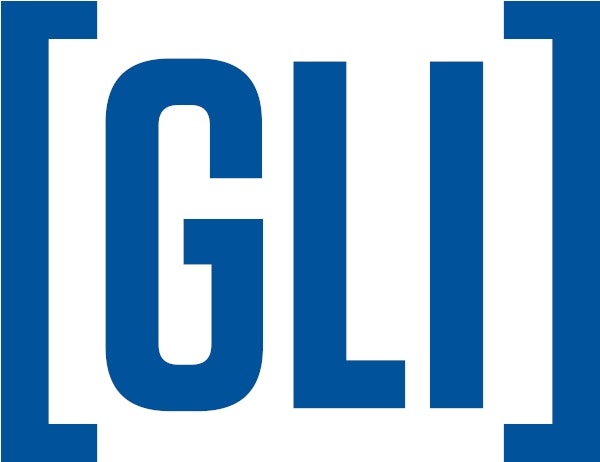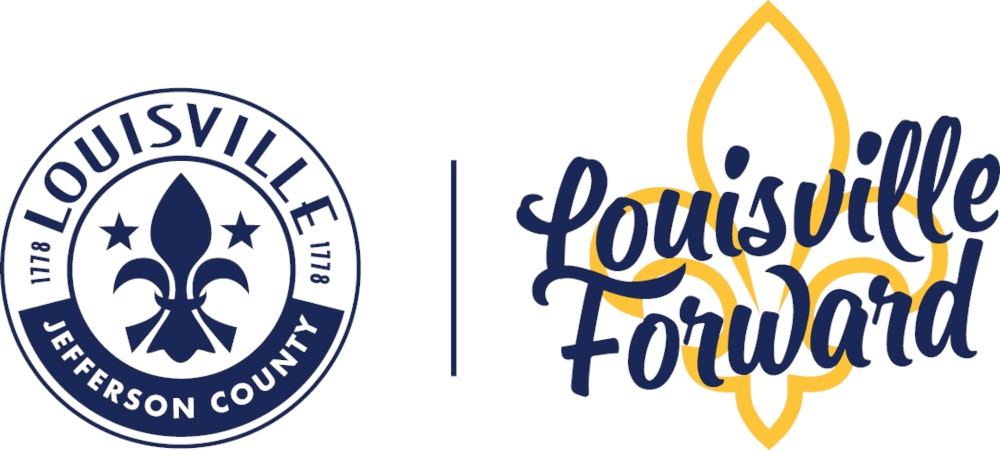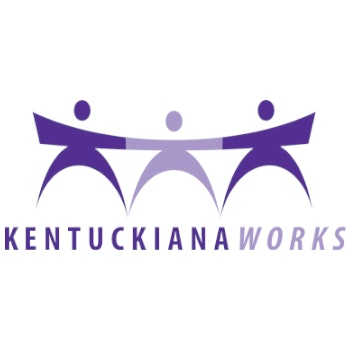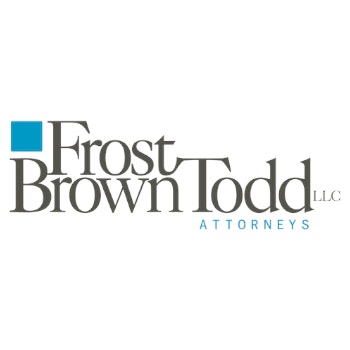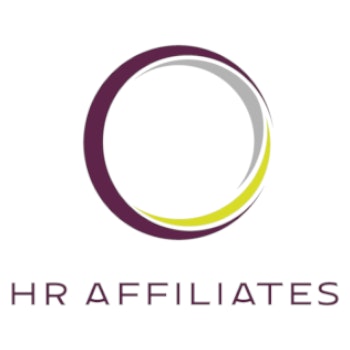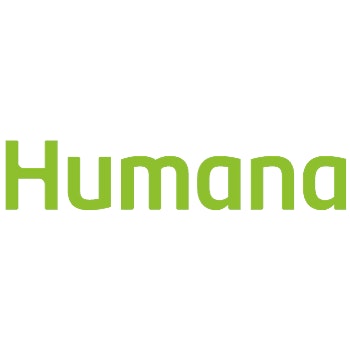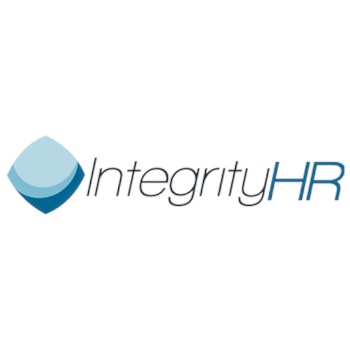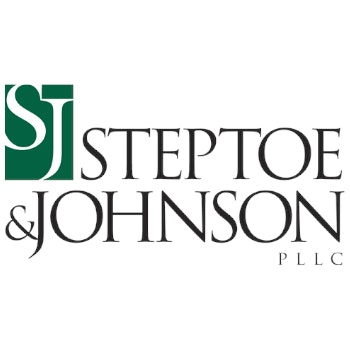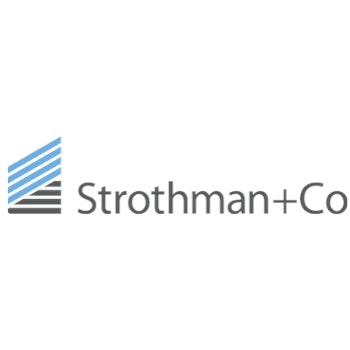SKO INSIDER COVID-19 VACCINE SERIES
1. May healthcare employers require employees to get a COVID-19 vaccination?
On Friday, December 11th, the Food and Drug Administration (FDA) granted Emergency Use Authorization (EUA) for Pfizer’s COVID-19 vaccine in the United States. With recent data showing that 37% of American adults indicate they would not get a COVID-19 vaccine,[i] a preliminary question in achieving an immunized healthcare workforce is whether employers may require a COVID-19 vaccine authorized for emergency use as a condition of employment. As discussed below, the statutory language for EUAs could be read to preclude employers from mandating employees to be inoculated. However, once the vaccine receives full approval from the FDA, there is significant authority allowing employers to mandate vaccination based upon business necessity and with certain exemptions.
a. New Territory: The Impact of An Emergency Use Authorization
It bears emphasis that the COVID-19 vaccines initially will be administered under an Emergency Use Authorization. An EUA allows the use of unapproved medical products during public health emergencies.[ii] The federal Food, Drug and Cosmetic Act (FD&C Act) requires the FDA to assure, with limited exceptions, that recipients of EUA products are informed of the “option to accept or refuse administration of the product,” as well as the “consequences of refusal” and “alternatives” to the product.[iii] So long as COVID-19 vaccines are administered under an EUA, employers who make COVID-19 vaccination a condition of employment risk facing legal challenges based on the notion that such mandates run afoul of the very statute that authorizes administration of the vaccines in the first place. On the other hand, the term “consequences of refusal” arguably includes employment termination under the FD&C Act in the face of healthcare facilities facing the mammoth task of protecting employee and patient safety during a pandemic. Given the severity of the COVID-19 pandemic, additional guidance is anticipated.
2. Under what conditions may healthcare employers mandate vaccinations?
Once the nation has moved past EUA(s) to full FDA approval for the COVID-19 vaccines, there should be little doubt that healthcare employers may implement mandatory immunization policies under current precedent, subject to state-based restrictions. EEOC guidance states that “[b]ased on guidance of the CDC and public health authorities … the COVID-19 pandemic meets the direct threat standard”
[iv]—meaning an individual presenting a direct threat to coworkers or patients is not protected by the ADA.
a. Background: Mandatory Vaccinations in Healthcare Settings
Administration of a policy requiring vaccines necessarily involves making medical inquiries of employees (i.e., pre-screening vaccination questions). Title I of the Americans with Disabilities Act (ADA) prohibits medical inquiries unless “shown to be job-related and consistent with business necessity.”
[v]
In guidance originally published in 2009 during the H1N1 virus, Pandemic Preparedness in the Workplace and the Americans with Disabilities Act, the EEOC implicitly recognized that mandatory vaccination requirements may be job-related and consistent with business necessity. The EEOC guidance states that employers may not require all employees to take the influenza vaccine regardless of medical conditions or religious beliefs. The key, however, appears to be in making exemptions for medical conditions or religious beliefs. Specifically, the guidance goes on to explain that an employee may be exempt from a “mandatory vaccination requirement” based on an ADA disability or sincerely held religious belief.[vi] The Pandemic Preparedness guidance document was re-issued in March of 2020 to incorporate updates regarding the COVID-19 pandemic. Generally speaking, the updates address the subjects of medical inquiries, conditions under which employers may require symptomatic employee to stay home, and return-to-work requirements following quarantine.
On December 16, 2020, the EEOC released additional guidance, What You Should Know About COVID-19 and the ADA, the Rehabilitation Act, and Other EEO Laws.[vii] Section K of the December 16, 2020 guidance document specifically addresses the availability of COVID-19 vaccinations. This guidance notes from the start that “[t]he EEO laws do not interfere with or prevent employers from following CDC or other federal, state, and local public health authorities’ guidelines and suggestions.” The document reinforces existing guidance regarding employees’ rights protected under ADA, Title VII, and Title II of the Genetic Information Nondiscrimination Act of 2008 insofar as vaccines are concerned.[viii] Significantly, Section K.4. of the guidance document explicitly references the implications of COVID-19 vaccines being issued under EUA and the requisite notification to recipients discussed above.[ix]
OSHA issued a Standard Interpretation letter in 2009 stating its position on mandatory flu shots for employees: “although OSHA does not specifically require employees to take the vaccines, an employer may do so.”[x] The letter notes that employees who object to vaccination based on serious medical risk may be protected under the whistle blower provision of the Occupational Safety and Health Act of 1970.[xi]
Courts repeatedly have recognized -- or impliedly accepted -- that mandatory vaccination policies satisfy the ADA’s standard when healthcare employees come in contact with patients or clients.[xii] Accordingly, mandatory vaccine policies have become commonplace in healthcare settings.
State laws and regulations also may mandate or limit vaccination policies with regard to healthcare workers. For example, Kentucky regulation provides that long-term care facilities “must” request that each employee “agree” to be vaccinated against the flu and pneumococcal disease when available, medically indicated and age-appropriate.[xiii] Indiana code provides that a health facility shall administer or make available the flu vaccines “[s]ubject to obtaining an employee’s consent.”[xiv]
b. Medical Exemptions Under the ADA
An employee with a disability under the ADA that prevents him or her from safely taking a vaccination is entitled to reasonable accommodation subject to undue hardship to the employer.[xv] Upon being put on notice of a disability and request for accommodation, the employer should engage in an interactive process to identify a reasonable accommodation (meet with the employee, request information about the conditions and limitations, identify the desired accommodation, and discuss viable alternatives when the requested accommodation is too burdensome).[xvi]
To qualify for an accommodation, an employee must demonstrate a disability within the meaning of the ADA -- mild reactions generally will not qualify.[xvii] Typical examples of conditions qualifying for exemption include severe allergy to the vaccine or ingredients, weakened immune or a serious reaction to a vaccine in the past. Some conditions not causally linked to physical risk of the vaccination may nevertheless entitle an employee to an accommodation. For example, in Ruggiero v. Mount Nittany Med. Ctr., the United States Court of Appeals for the Third Circuit held that the employee adequately pled a claim for failure to accommodate under the ADA even though she did have any contraindications to the required Tdap vaccine and sought an exemption based on severe anxiety related to a history of food allergies supported by a doctor’s note.[xviii] Cases like Ruggiero underscore the importance of engaging in the interactive process with an employee who gives notice of an alleged disability and makes a request for accommodation.
c. Religious Exemptions Under Title VII of the Civil Rights Act of 1964
An employee who objects to vaccination based upon a sincerely held religious belief, practice or observance must be afforded a reasonable accommodation unless it would pose an undue hardship upon the employer.[xix] Although a deeply held general opposition to vaccination based on beliefs regarding efficacy and/or safety does not itself constitute a religious objection,[xx] the religious exemption is not necessarily limited to traditional and institutional forms of religion and, in fact, has been applied to strict dietary practice. In Chenzira v. Cincinnati Children’s Hosp. Med. Ctr., the United States Court of Appeals for the Sixth Circuit found it “plausible” that an employee “could subscribe to veganism with a sincerity equating that of traditional religious views.”[xxi] In contrast, however, the California Court of Appeal held that veganism reflects moral and secular, rather than religious philosophy.[xxii]
d. Examples of Reasonable Accommodations
Alternatives that employers may offer to address employee objections to vaccination based upon medical or religious reasons include: alternative vaccines (i.e., vaccines that do not contain animal products); protective gear (i.e., masking); removing the employee from direct contact with coworkers or patients if feasible; transfers to other positions; and work-from-home arrangements if feasible. However, an employer does not have to eliminate an essential function of a position as a reasonable accommodation.
Furthermore, an employee is not necessarily entitled to his or her preferred accommodation. For example, in Horvath v. City of Leander, the United States Court of Appeals for the Fifth Circuit rejected a firefighter / minister’s Title VII claim and held that the employer’s offer of a transfer to a code enforcement position with the same salary and benefits was a reasonable accommodation despite the firefighter’s preference to remain in the current position.[xxiii]
Notably, the December 16, 2020 EEOC guidance document provides that it would be lawful for an employer to exclude an employee from the workplace if there is no reasonable accommodation available:
If an employee cannot get vaccinated for COVID-19 because of a disability or sincerely held religious belief, practice, or observance, and there is no reasonable accommodation possible, then it would be lawful for the employer to exclude the employee from the workplace. This does not mean the employer may automatically terminate the worker. Employers will need to determine if any other rights apply under the EEO laws or other federal, state, and local authorities.[xxiv]
3. What other factors should employers consider in shaping vaccination policies?
a. Adverse reactions as recordable events under OSHA’s recordkeeping rule
Under OSHA’s recordkeeping rule, if an employee has an adverse reaction to a smallpox vaccination, the reaction is recordable if it is work related (i.e., necessary to enable the employee to perform his or her duties).[xxv] It stands to reason that adverse reactions to a COVID-19 vaccination, if required, could similarly be deemed a recordable event.
b. Mandatory vaccination policies subject to collective bargaining
Unionized employers should keep in mind that a mandatory vaccination policy is a term and condition of employment subject to the duty of bargaining.In Virginia Mason Hospital v. Washington State Nurses Ass'n, the United States Court of Appeals for the Ninth Circuit upheld an arbitral award prohibiting a hospital from unilaterally implementing a mandatory flu immunization policy for all nurses and other employees, stating “the policy favoring bargaining is at least as well defined and explicit as the policies regarding infection control.”[xxvi]
Conclusion
Whether or not healthcare employers may mandate employees to obtain a COVID-19 vaccine authorized for emergency use remains an unanswered question. Employers who do so could face challenges that such mandates violate the federal statute providing EUAs. Following final approval of COVID-19 vaccines by the FDA, the existing legal framework for employment-based vaccination policies rests on the ADA’s protection of individuals with disabilities, Title VII’s protections of individuals to follow and practice religion, and state-based mandates or limitations.
[i] Gallup Panel, December 8, 2020. https://news.gallup.com/poll/327425/willingness-covid-vaccine-ticks.aspx.
[ii] Emergency Use Authorization for Vaccines Explained | FDA.
[iii] 21 USCS § 360bbb-3(e)(1)(A)(ii).
[iv] U.S. Equal Emp. Opportunity Comm'n, Pandemic Preparedness in the Workplace and the Americans with Disabilities Act (2009), Pandemic Preparedness in the Workplace and the Americans with Disabilities Act | U.S. Equal Employment Opportunity Commission (eeoc.gov), Section II.B.
[v] 42 USCS § 12112(d)(4)(A).
[vi] Pandemic Preparedness, supra, Section III.B, Question No. 13. See also U.S. Equal Emp. Opportunity Comm'n, Informal Discussion Letter (Mar. 5, 2012) EEOC Informal Discussion Letter | U.S. Equal Employment Opportunity Commission.
[vii] What You Should Know About COVID-19 and the ADA, the Rehabilitation Act, and Other EEO Laws | U.S. Equal Employment Opportunity Commission (eeoc.gov).
[viii] Id. at Section K.
[ix] Id. at Section K.4.
[x] U.S. Occupational Safety & Health Administration, Standard Interpretation (November 9, 2009), OSHA's position on mandatory flu shots for employees. | Occupational Safety and Health Administration.
[xi] Id.
[xii] Hustvet v. Allina Health Sys., 910 F.3d 399, 409 (8th Cir. 2018) (employer required vaccination against or evidence of immunity to rubella). See also Horvath v. City of Leander, 946 F.3d 787 (5th Cir. 2020) (employer required Tdap vaccine); Robinson v. Children’s Hosp. Boston, 2016 U.S. Dist. LEXIS 46024 (D. Mass. April 5, 2016) (employer required flu vaccine); Fallon v. Mercy Catholic Med. Ctr., 200 F. Supp. 3d 553 (E.D. Penn. 2016) (employer required flu vaccine); Chenzira v. Cincinnati Children’s Hosp. Med. Ctr., 2012 U.S. Dist. LEXIS 182139, *10-12 (S.D. Ohio December 27, 2012) (wherein the district court withheld judgment regarding whether plaintiff’s discharge for refusing the flu vaccine was justified by the employer’s concern for patient safety); Head v. Adams Farm Living, Inc., 775 S.E.2d 904 (N.C. Ct. App. 2015) (employer, which operated a skilled nursing facility, required flu vaccine); Friedman v. Southern California Permanente Medical Group, 102 Cal. App. 4th 39 (Cal. Ct. App. 2002).
[xiii] 902 KAR 2:065.
[xiv] IC 16-28-14.5-2.
[xv] Pandemic Preparedness, supra, Section III.B, Question No. 13.
[xvi] 29 C.F.R. § 1630.2(o)(3).
[xvii] E.g., Norman v. NYU Langone Health Sys., 2020 U.S. Dist. LEXIS 180990 (S.D.N.Y. September 30, 2020).
[xviii] Ruggiero v. Mount Nittany Med. Ctr., 736 Fed. Appx. 35, *40-41 (3rd Cir. June 5, 2018).
[xix] Pandemic Preparedness, supra, Section III.B, Question No. 13 (referencing Equal Employment Opportunity Comm’n, EEOC Compliance Manual Section 12: Religious Discrimination 56-65 (2008);
[xx] Fallon, supra, at 563.
[xxi] Chenzira, supra, at *10.
[xxii] Friedman v. Southern California Permanente Medical Group, 125 Cal. Rptr. 2d 663, 665 (Cal. Ct. App. 2002).
[xxiii] Horvath, supra, at 792.
[xxiv] What You Should Know About COVID-19 and the ADA, the Rehabilitation Act, and Other EEO Laws, supra, at Section K.7. (Emphasis added).
[xxv] 29 CFR 1904.5; see also Smallpox - OSHA Recordkeeping Requirements for Smallpox Vaccinations | Occupational Safety and Health Administration.
[xxvi] Virginia Mason Hospital v. Washington State Nurses
ss'n, 511 F.3d 908, 917 (9th Cir. 2007).



